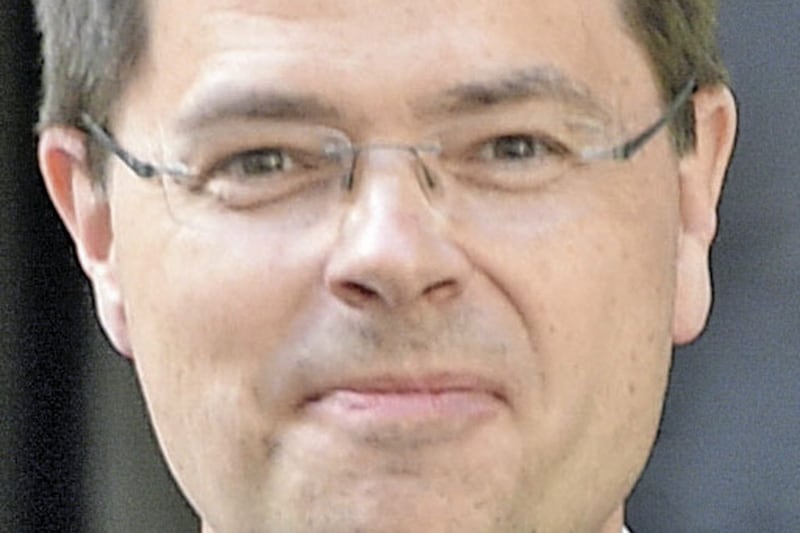The newly appointed secretary of state James Brokenshire has been quick to stress that he views avoiding the introduction of post-Brexit Irish border controls as an `absolute priority.'
In the course of weekend interviews, Mr Brokenshire pointed out that the Common Travel Area between the UK and the Republic of Ireland pre-dated the decision by both countries to join what was then known as the Common Market back in 1973.
Unfortunately, while every rational observer accepts that imposing what is ominously described as a hard border would be disastrous, it is difficult to see how the existing open arrangements can be left entirely intact if and when the UK proceeds with its deeply contentious plans to withdraw from the EU.
The previous Common Travel Area, which was created in 1923 by negotiations which followed partition, did not prevent the enduring maintenance of customs posts which were inevitably accompanied by an enormous and intimidating security infrastucture.
It was only through the massive political progress which surrounded the 1998 Good Friday Agreement, and the positive influence of the EU, that visible manifestations of the border finally faded and disappeared
As has been widely noted, Theresa May, the new prime minister who appointed Mr Brokenshire last week, is on record the previous month as saying that preserving the status quo on the only land frontier between the UK and the EU after a Brexit would be `inconceivable.'
Mrs May and Mr Brokenshire, despite their apparently conflicting opinions on the tarrifs question, were both in the Remain camp during the June 23 referendum, although their Conservative colleague and former chancellor Nigel Lawson said unequivocally that success for the Out campaign in which he was a leading figure meant that in Ireland, `there would have to be border controls.'
It is worth stressing that, while nationalists are appalled at the prospect of restrictions on free movement within Ireland, unionists are equally concerned at the suggestion which has also been firmly raised that passports would be required to enter Britain through routes like the Larne/Stranraer ferry.
The conclusion which needs to be drawn after the confusion and alarm which plainly exists in Belfast, Dublin and London is that there is an overwhelming case for the introduction of a cross-border forum to carefully consider all these related matters.
It would be fair to say that taoiseach Enda Kenny's initial attempt to propose such an initiative was not particularly well constructed, and inexplicably failed to involve proper consultations with DUP first minister Arlene Foster.
However, with a new Westminster cabinet in place, and a fresh sense within both Stormont and The Dail that the key issues arising from the Brexit vote must be urgently addressed, the opportunity exists to create a consensus on strategies which are in the best interests of all sections of our society.







